What kind of bearings are commonly used in automobile engine crankshafts?




| Product name: | What kind of bearings are commonly used in automobile engine crankshafts? |
| Keywords: | Automobile engine crankshafts, automobile engine crankshaft main bearings, automobile engine crankshaft connecting rod bearings |
| Industry: | Transportation - Automobile manufacturing industry |
| Process: | Forging - Free forging |
| Material: | Alloy steel |
Processing manufacturer
- There are 46 manufacturers that provide similar products
- There are 149 manufacturers that provide this processing technology
- There are 83 manufacturers that provide this material processing service
- There are 157 manufacturers that provide this industry processing service
Product details
Automotive engine crankshafts primarily utilize precision sliding bearings as support components, designed specifically for the specific operating conditions of the engine. Crankshaft bearings are primarily classified into two categories:
1. Main bearings (main bearing shells)
These bearings are mounted on the main bearing housing of the engine block and support the crankshaft's main journal. Modern engine main bearings typically utilize a multi-layer composite structure: a steel backing plate provides strength, an intermediate layer is an anti-friction alloy (commonly a copper-lead alloy or an aluminum-based alloy), and the surface is coated with an extremely thin, wear-resistant coating (such as babbitt or polymer coating).
2. Connecting rod bearings (connecting rod shells)
Connecting the connecting rod to the crankshaft, the connecting rod journal must withstand even greater explosive pressure. Connecting rod bearings in high-performance engines typically utilize a three-layer composite structure: a steel backing plate, a copper-lead alloy transition layer, and a 0.02mm thick tin or indium coating. This design ensures both load-bearing strength and excellent fatigue resistance and emergency operation capabilities.
Key reasons for choosing sliding bearings:
Superior load capacity (withstands burst pressures exceeding 200 MPa)
Improved vibration absorption and noise reduction
More compact design
Longer service life (over 200,000 kilometers with proper maintenance)
These precision bearings require strictly controlled clearances during assembly (typically 0.02-0.05 mm) and rely on the oil film formed by the engine oil for lubrication. Their performance directly impacts the engine's power output and reliability.
1. Main bearings (main bearing shells)
These bearings are mounted on the main bearing housing of the engine block and support the crankshaft's main journal. Modern engine main bearings typically utilize a multi-layer composite structure: a steel backing plate provides strength, an intermediate layer is an anti-friction alloy (commonly a copper-lead alloy or an aluminum-based alloy), and the surface is coated with an extremely thin, wear-resistant coating (such as babbitt or polymer coating).
2. Connecting rod bearings (connecting rod shells)
Connecting the connecting rod to the crankshaft, the connecting rod journal must withstand even greater explosive pressure. Connecting rod bearings in high-performance engines typically utilize a three-layer composite structure: a steel backing plate, a copper-lead alloy transition layer, and a 0.02mm thick tin or indium coating. This design ensures both load-bearing strength and excellent fatigue resistance and emergency operation capabilities.
Key reasons for choosing sliding bearings:
Superior load capacity (withstands burst pressures exceeding 200 MPa)
Improved vibration absorption and noise reduction
More compact design
Longer service life (over 200,000 kilometers with proper maintenance)
These precision bearings require strictly controlled clearances during assembly (typically 0.02-0.05 mm) and rely on the oil film formed by the engine oil for lubrication. Their performance directly impacts the engine's power output and reliability.
Previous article : ASTM 4130 Alloy Steel Round Bar
Next article : How do I start a car with a damaged crankshaft sensor?
Similar products
More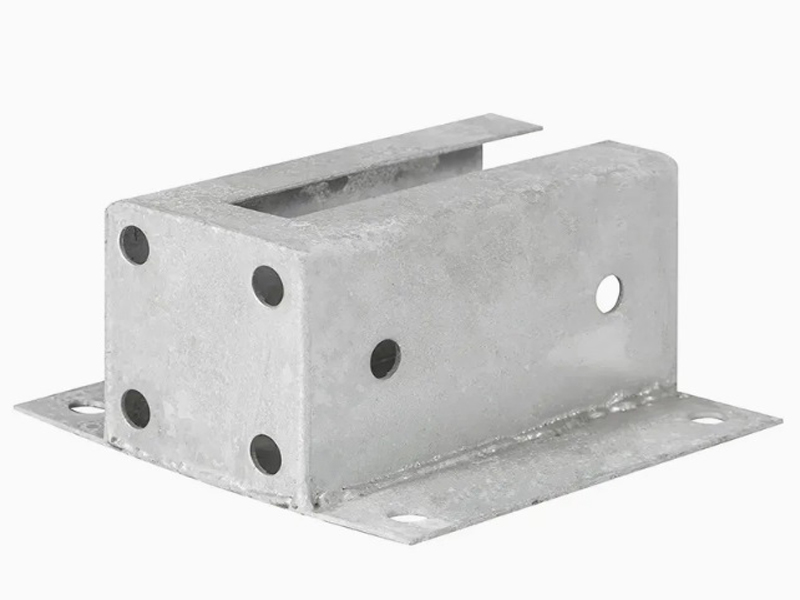
Machining Process Analysis of Carbon Steel Fixed Anchor Plates
- Process : Machining - CNC milling or milling machining
- Material : Carbon steel
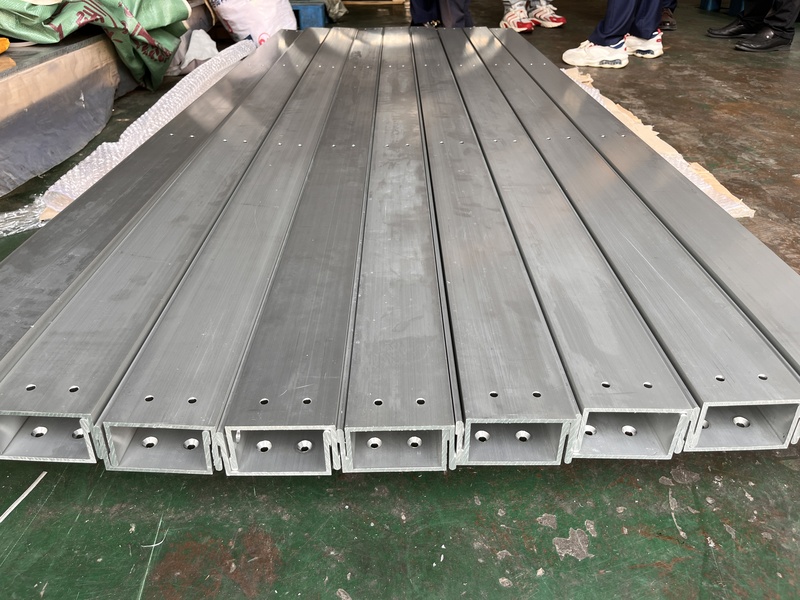
Precision Machining of U-Steel Profiles for Building Applications
- Process : Stamping - General stamping
- Material : Aluminum
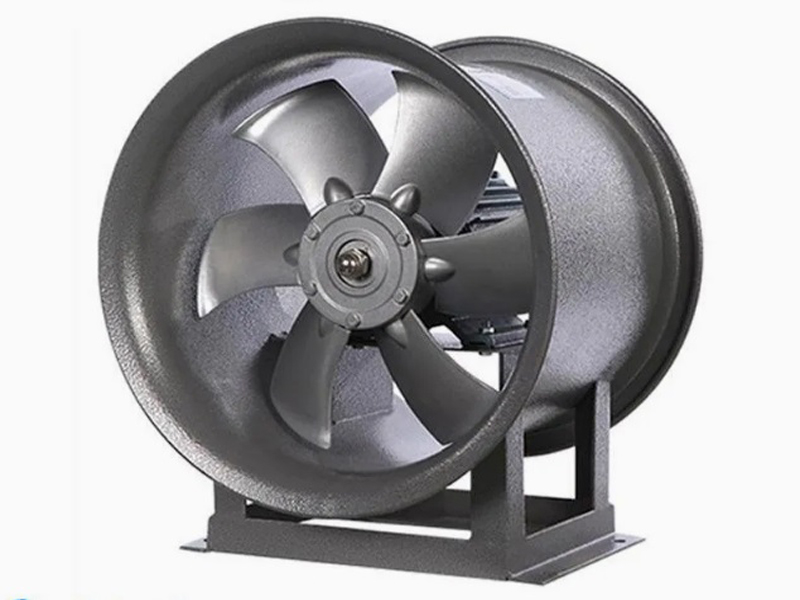
What are the machining processes used for processing axial fan housings
- Process : Sheet metal - Welding
- Material : Carbon steel
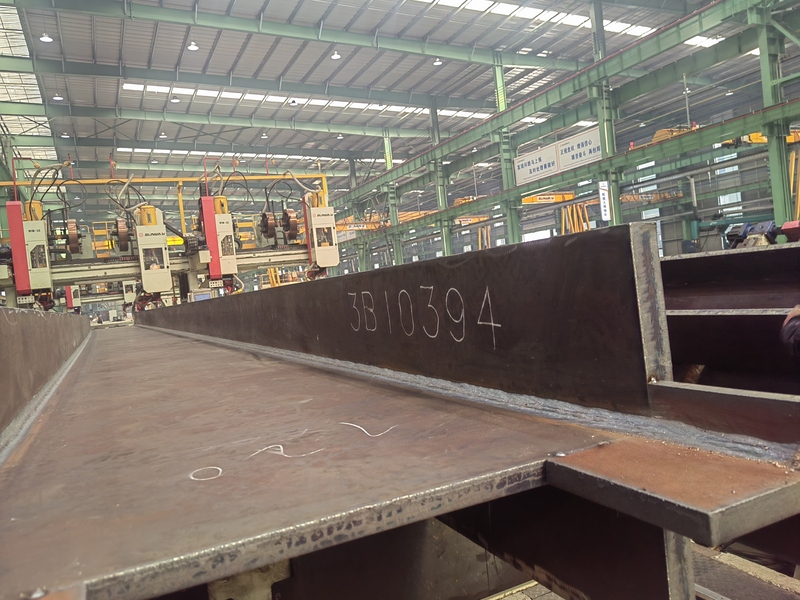
Custom Fabrication of S355JR Welded H-Beams for Construction Projects
- Process : Sheet metal - Welding
- Material : Carbon steel
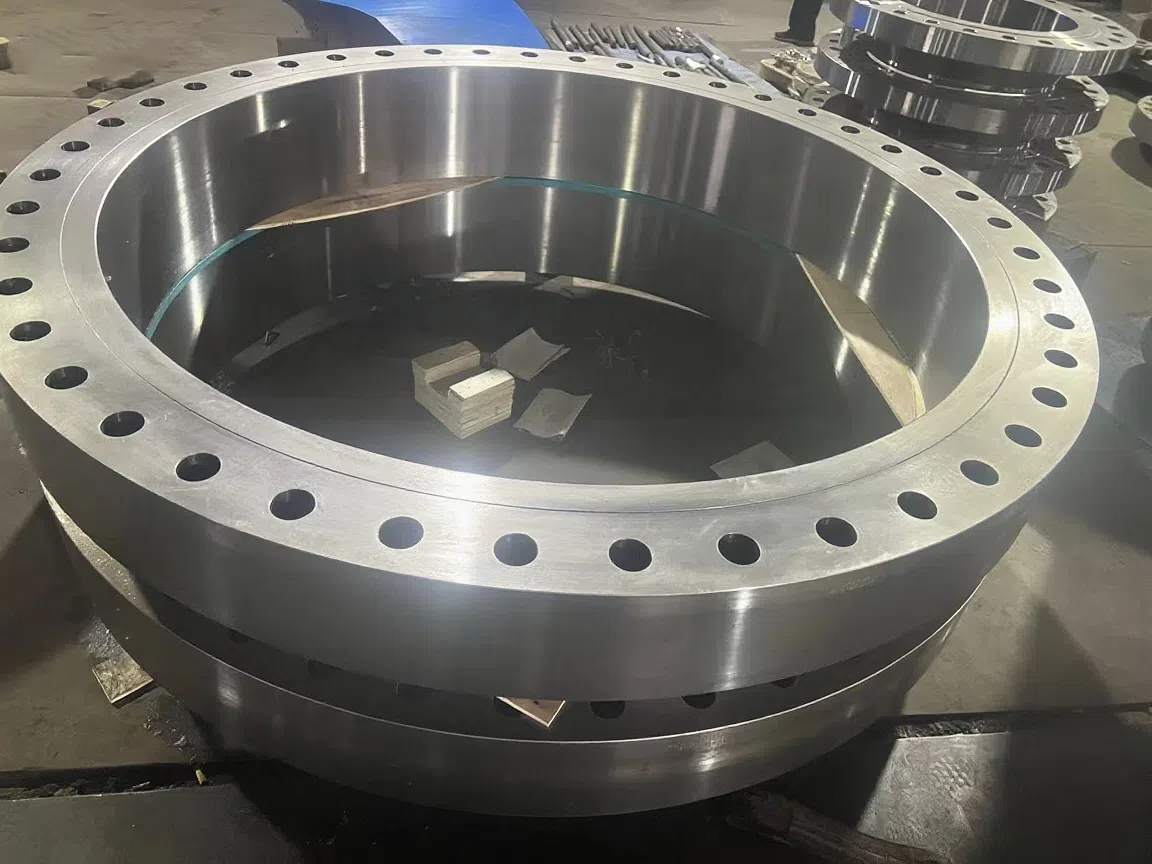
Heavy-Walled Flange Milling-Turning Machining and Flaw Detection
- Process : Machining - Turning Milling compound
- Material : Alloy steel
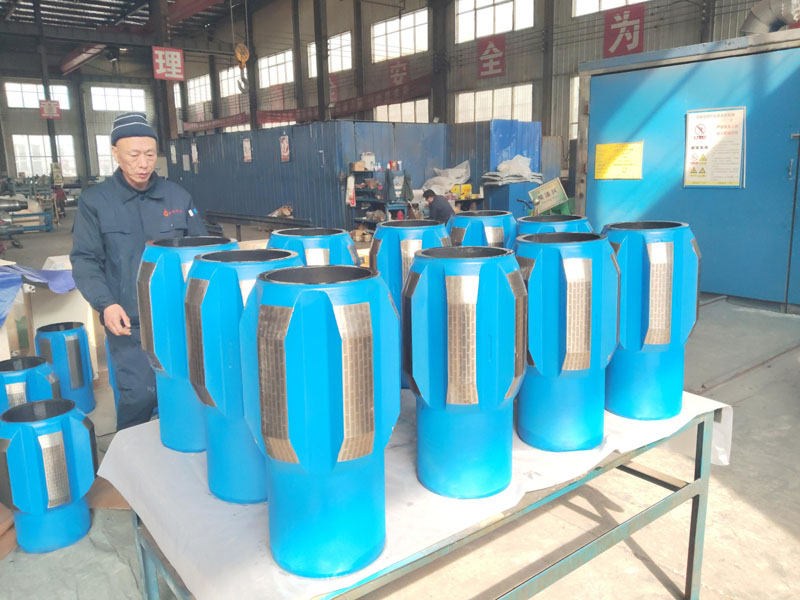
Drill Stabilizers Applied in Oil Drilling Platforms
- Process : Machining - Five-axis machining
- Material : Alloy steel
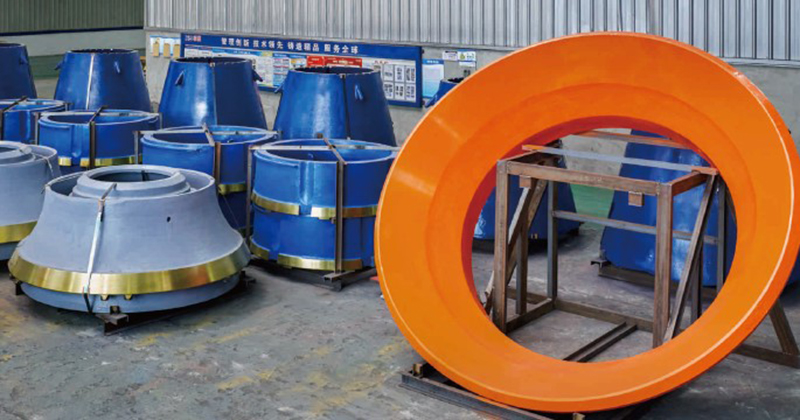
Cone Crusher Mantle
- Process : -
- Material :
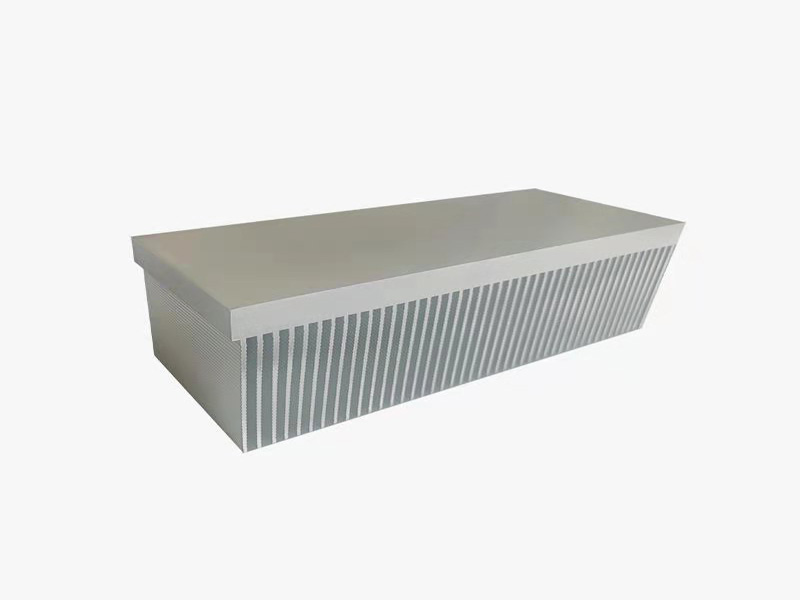
Innovative skiving technology: Breaking through the bottleneck of high-density heat dissipation technology
- Process : Surface treatment - Others
- Material : Alloy steel
More products
More
Machining Process Analysis of Carbon Steel Fixed Anchor Plates
- Process : Machining - CNC milling or milling machining
- Material : Carbon steel

Precision Machining of U-Steel Profiles for Building Applications
- Process : Stamping - General stamping
- Material : Aluminum

What are the machining processes used for processing axial fan housings
- Process : Sheet metal - Welding
- Material : Carbon steel

Custom Fabrication of S355JR Welded H-Beams for Construction Projects
- Process : Sheet metal - Welding
- Material : Carbon steel

Heavy-Walled Flange Milling-Turning Machining and Flaw Detection
- Process : Machining - Turning Milling compound
- Material : Alloy steel

Drill Stabilizers Applied in Oil Drilling Platforms
- Process : Machining - Five-axis machining
- Material : Alloy steel

Cone Crusher Mantle
- Process : -
- Material :

Innovative skiving technology: Breaking through the bottleneck of high-density heat dissipation technology
- Process : Surface treatment - Others
- Material : Alloy steel